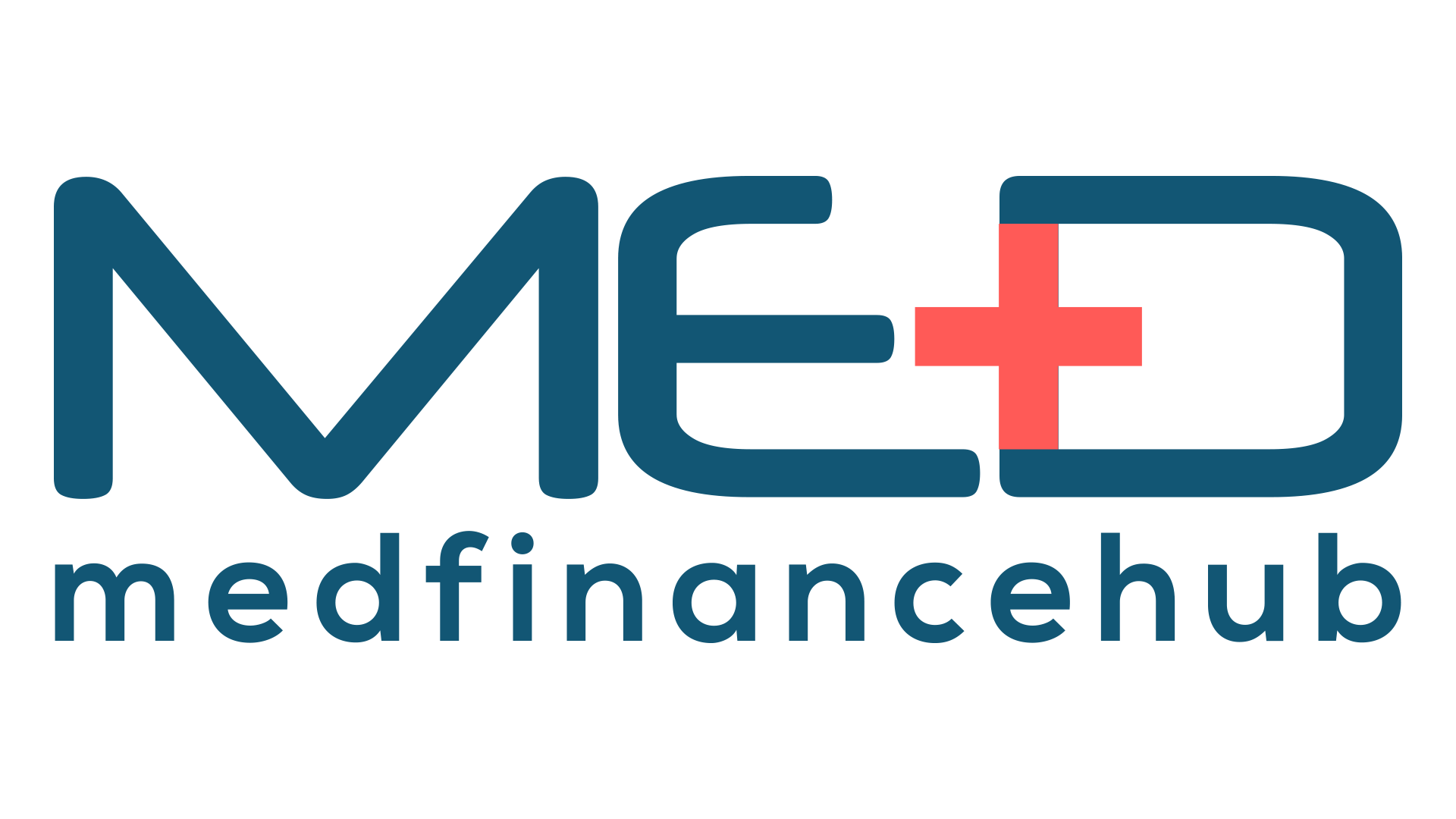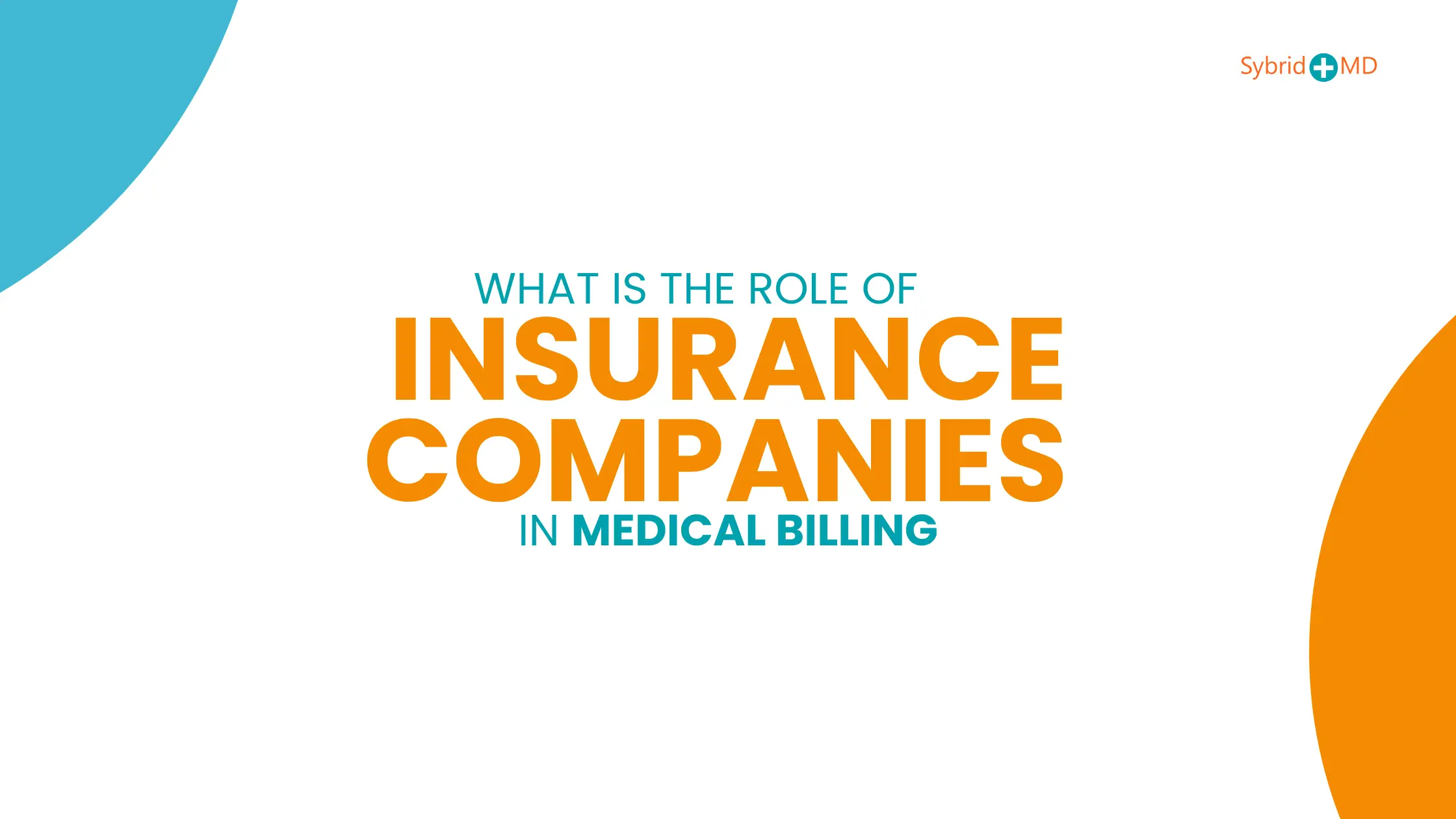Insurance providers retain a crucial position in the process of medical billing as they stand as the go – between the patients and the provider. Their role goes beyond a mere approval of claims in ensuring the sound economic models of the health systems. But what does their participation mean? It is now time to analyze the role of insurance companies in medical billing and understand their diverse responsibilities in this important area of medicine.
Medical Insurance Billing Process
Medical Insurance billing process works as a foundation of a financial balance between the patients and the healthcare providers. The important steps in medical getting fully reimbursed from insurance for the provided service include;
| Step |
Description |
| Patient Registration | Obtaining information and reconciling the insurance information of the patient. |
| Service Documentation | Medical practitioners document of all the services that was provided in the healthcare sector. |
| Claim Submission | Medical coders fill and submit claim forms to insurance companies. |
| Insurance Review | The insurer makes necessary assessment of the claim to determine the correctness and compliance to the policy. |
| Payment and Reimbursement | The approved amount is paid to the provider and the residual is charged on the patient. |
By these steps, insurance companies make sure that claims follow the right procedures and process are done right.
Insurance Providers and Healthcare: A Symbiotic Relationship
Insurance service providers and healthcare institutions must work together to provide excellent services. Insurance companies:
Standardize Billing Practices: In doing so, they establish standards that need to be followed by different providers when coding and billing services.
Facilitate Payments: They guarantee that operational costs are catered for on time, thus helping healthcare facilities to run.
Monitor Fraud and Abuse: As for the insurance companies, they put various checks and measure in place to try and identify fraudulent claims to prevent compromises of the system.
This synergy leads to a scenario whereby the healthcare providers spend minimal time on the issues to do with the financial health of their organizations but continue to provide quality patient care.
Role of Payers in Medical Billing
The insurance companies and third party administrators operate as payers, in the process of medical billing. Their roles include:
| Responsibility |
Description |
| Policy Compliance | Adjusting for services that get billed to the patient so that they are within his or her cover. |
| Preauthorization | The management should approve procedures and treatments in advance in order to do away with redundant expenditure. |
| Claim Adjudication | Verifying accuracy of claims, their legal compliance as well as terms of policies stated by the company. |
In this way, payers exercise control over this area often the medical billing processes in order to avoid an y major conflicts.
Health Insurance Claim Process: Navigating the Steps
The health insurance claim process can be broken down into:
- Filing the Claim: They record claims and do the documentation in service codes, present it to the healthcare provider.
- Initial Review: This information is then verified by the insurer with the patient’s policy in regard to the claim.
- Claim Approval or Denial: Depending on the results of the review, the claim is paid in full, partially paid or rejected.
- Explanation of Benefits (EOB): The insurer then breaks down the decision to the provider, as well as the patient.
This well defined structural undertaking of the process help in making the financial transactions clear and with a high level of accountability.
Third-Party Payers in Healthcare: Bridging the Gap
Private insurance carriers, Medicare and Medicaid classify also as third party carriers or third party payers. Their key contributions include:
- Risk Management: Joining forces to pay for expensive interventions to be available to those with insurance cover.
- Cost Containment: With regard to cost control, various stakeholders should specifically bargain with healthcare providers and appeal prevalent charges.
- Member Support: Providing customer relation service to help in answering questions and attend to their claims.
Their participation also relieves patients and other providers from paying some monies.
Insurance Company Responsibilities in Billing: Ensuring Accuracy and Fairness
Insurance companies bear significant responsibilities in medical billing:
- Claim Validation: Maintaining that claims are free from mistakes, and substantiated with proper documentation.
- Fraud Detection: Separation of suspected identity thieves or scammers, or those, who tried to pull a sting with a duplicate claim.
- Reimbursement Management: Processing and paying in accordance with the policy terms on which customers have agreed to enter into with the insurance company.
The roles help insurance companies to make certain they have a proper billing system that is fair for all the players.
Patient Billing and Insurance: Simplifying the Complexity
People normally get confused regarding the medical billing process and the insurance sector has a massive part in the same. They:
- Clarify Coverage: They should be informing patients of their advantages and costs applicable to them.
- Coordinate Payments: Encourage the cooperation of the providers in order to avoid billing discrepancies and fraudulent charges.
- Resolve Disputes: It would also be the responsibility of the software to act as mediators in case of billing mistakes or even disputes.
This support assists the patient financially in as much as they enable him undertake the financial spheres of treatment with ease.
Insurance Claims and Reimbursements
The primary and overall objective of medical billing is insurance claim and reimbursements. This involves:
| Reason for Denial |
Description |
Solution |
| Incorrect Coding | Medical codes are wrong in the claim. | Codes: Required and updated. |
| Missing Information | Some of the things left out in a claim are the following. | Make sure all the fields with the asterisk sign are completed. |
| Policy Exclusions | Service is on a list of services that are not under the policy. | Confirm before commencing the treatment. |
Insurance corporations make sure that payments go round smoothly, to the benefit of everyone involved.
Challenges Faced in Medical Billing
 Medical billing is intricate and touches several complex processes. Some common challenges include:
Medical billing is intricate and touches several complex processes. Some common challenges include:
- Coding Errors: Errors in the use of medical codes can result in claims’ refusal or take too much time.
- Policy Misunderstandings: It might lead to insurance misconception among patients and providers.
- Fraudulent Claims: Preventing and detecting fraud are significant activities in every organization.
If these challenges are addressed, insurance firms improve the efficiency of the billing process.
Conclusion
Insurance providers are an essential part of medical billing. From processing claims to mitigating against fraud, their roles in healthcare financial system are to support the operations of such systems. Because of this, both providers as well as patients can be in a position to address medical billing easier and more effectively. It is through such strategic alliance that insurance providers, healthcare facilities, and the patient that healthcare is going to maintain its progressive as ever.
FAQs
1. What is the primary role of insurance companies in medical billing?
Insurance firms refer to as middlemen between the providers of health care and consumers. For instance, if you are a Physician then they check the correctness of the claims, pay the providers for provided services, and prevent fraud.
2. How does the health insurance claim process work?
The process begins with filing a claim, detailing the medical services provided. The insurance company reviews the claim for accuracy and policy compliance, then either approves or denies it. An Explanation of Benefits (EOB) is issued, outlining covered services, payments made, and any patient responsibility.
3. What challenges are commonly faced in medical billing?
They can range from coding mistakes, misunderstanding the insurance policy, slow claims payment and even fake claims. These are normally dealt with by insurance companies through extensive policy scrutiny, offering training to medical coders, and bringing out well articulated policy statements
4. What are third-party payers in healthcare?
Patients’ costs are also regulated by third party payers, private insurance carriers, Medicaid and Medicare. They cover the middle ground, paying providers in a timely manner while at the same time enabling patients to acquire needed often life-saving, medical treatments.
5. How do insurance companies simplify the patient billing process?
Insurance companies define, interpret and explain terms that may be involved in the claim processing, negotiate payments with other insurers of the combined ratio and engage in lobbying and negotiation of billing disagreements with other health care facility insurers. Such measures make the complicated process of billing easy to understand and follow by the patients.
6. How do insurance companies ensure a smooth billing process?
Insurance companies clarify coverage details, coordinate payments with other insurers, and mediate billing disputes. These efforts make the billing process transparent and manageable for patients.
7. What is an Explanation of Benefits (EOB)?
An EOB is a comprehensive account of the insurance carrier to justify the extent to which it accorded medical coverage to certain services, the amount that it reimbursed to the provider and what the patient is expected to pay.
8. What happens if a claim is denied?
The patient or the provider can appeal a denied claim. This includes furnishing of additional details or explaining inconsistencies contained in the claim. Read other possibilities in this blog.
9. How do insurance companies prevent fraudulent claims?
Fraud in insurance is kept to check by the use of similar advanced technological devices, auditing and involvement of law enforcement agencies.
10. Can patients verify coverage before receiving services?
Certainly, patients can get this information directly from their insurance provider or from their policy documents which state the patient’s responsibility towards paying for the health care they are to receive.
11. What is medical coding, and why is it important?
Medical coding involves converting the services provided in the health sector into universal code for revenue. Correct coding would have a way of seeing to it that correct claims are paid or rejected as the case maybe.

